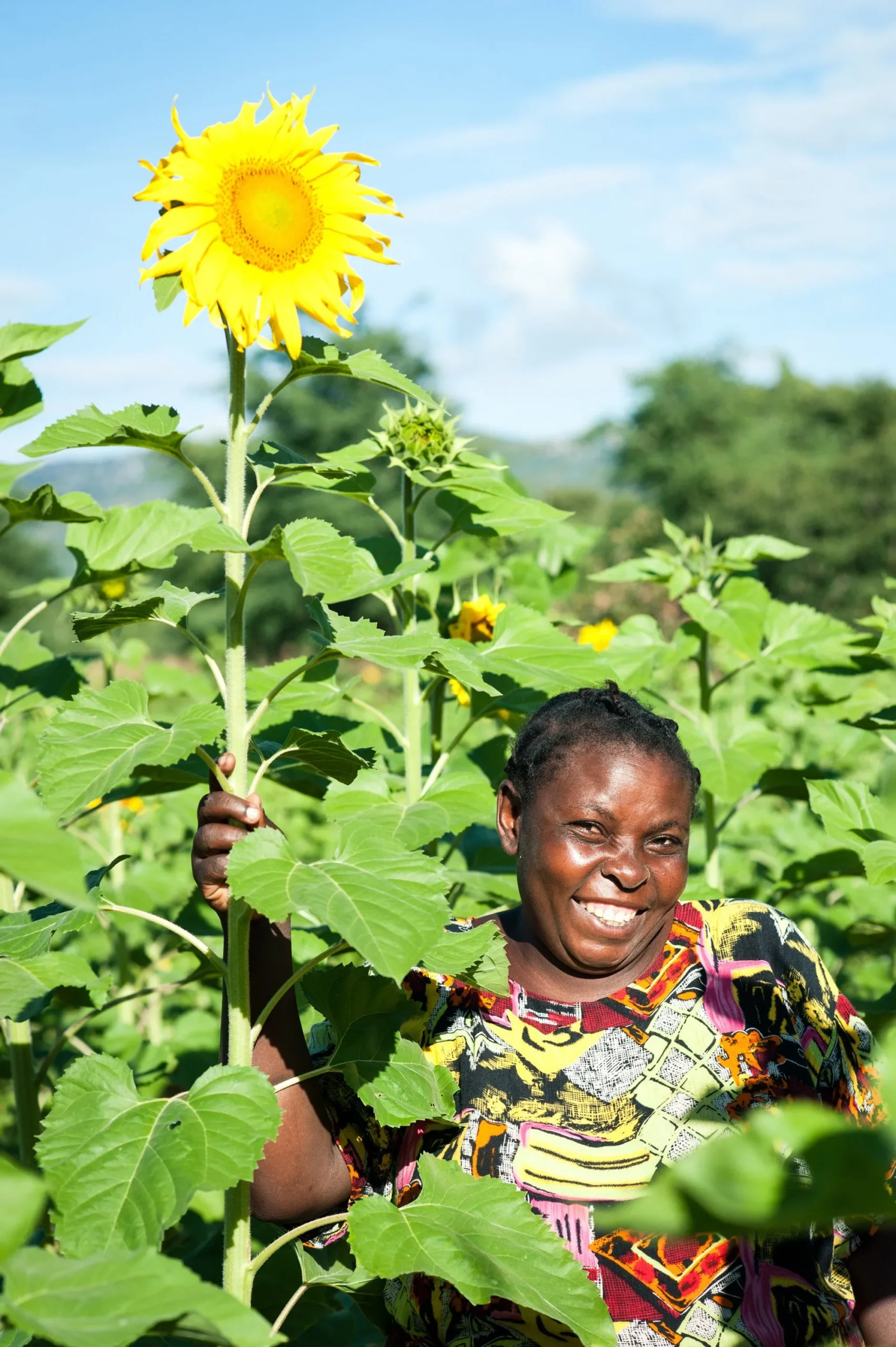Editorial: Strengthening Tanzania’s Poultry Sector, A Bold Step Toward Sustainable Animal Feed Production
The announcement at the Africa Food Systems Summit 2023 in Tanzania, in which the Minister of Agriculture, Hon Hussein Bashe, pledged 5,000 acres of land to poultry entrepreneur Elizabeth Swai, is nothing short of revolutionary. Such commitments are precisely what Africa needs to fortify its agricultural sectors and ensure food security.
Elizabeth Swai’s AKM Glitters Co Limited has made commendable strides in poultry farming and rural development. However, the challenge she presented at the Summit—the dire need for a stable maize supply for poultry feed—echoes across many African countries. Addressing the competition between human and animal feed is an intricate issue that calls for strategic interventions.
Minister Bashe’s offer to allocate land for maize production to ensure a steady supply for Swai’s feed mill is a testament to the Tanzanian government’s commitment to enhancing the poultry sector. This initiative not only addresses the immediate feed production challenge but also paves the way for sustainable agricultural practices.
Such public-private collaborations exemplify how African nations can tackle longstanding challenges in the agricultural sector. Ensuring a consistent and locally-sourced supply of raw materials is paramount for industries like poultry farming, which is reliant on animal feed. By developing infrastructure and sustainable business models, countries can reduce their dependency on imports and foster resilience against market fluctuations.
Swai’s company, with its reach to approximately 1.2 million smallholder farmers and transformative incubation centers, is a beacon of success in the poultry sector. Their model, which has empowered the youth to generate significant profits, deserves to be amplified across the continent. It’s inspiring to see entrepreneurs making investments that not only yield profits but also have a substantial social impact, particularly among the youth.
Moreover, Minister Bashe’s emphasis on transparent contracts and forward agreements ensures that businesses have the necessary assurance for maize supply. By adopting such mechanisms, governments can relieve the financial pressures on investors and ensure the smooth operation of feed mills.
The Minister’s inclination toward environmental sustainability, evident from the agreement with SALIC and the emphasis on local consumption, showcases a balanced approach. While foreign exchange through exports is essential, catering to the domestic market is equally vital.
Furthermore, the emphasis on accurate farmer registration and data is pivotal. Agriculture is the backbone of many African economies, and ensuring accurate data can pave the way for better subsidy schemes, which, in turn, can uplift smallholder farmers.
Swai’s plea and subsequent commitment from Minister Bashe are milestones that should inspire other African nations. It’s a clear example of the tangible results that can be achieved when the government and private sectors collaborate with shared goals. The 5,000 acres of land allocated for feed production is not just land; it’s a step towards self-sufficiency, youth empowerment, environmental sustainability, and bolstering Tanzania’s poultry sector.
For the entire African continent, this commitment sends a clear message: Bold, strategic collaborations between the public and private sectors are the way forward. We must take cues from such endeavors and replicate them across Africa to ensure a food-secure, prosperous future.


